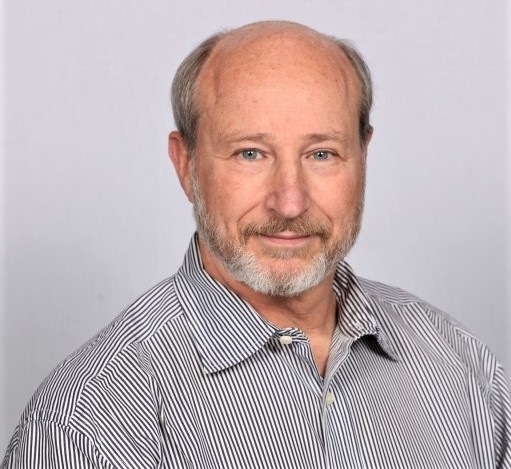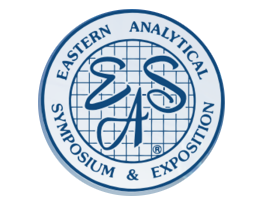One-Day Course
Monday, Nov. 15; 8:30am – 5:00pm
Dr. Matthew S Klee, XO Associates LLC, Northborough, MA
COURSE DESCRIPTION
Scientific research, development and implementation typically requires a great deal of creativity on the part of the scientist and this creative skillset often results in ideas that represent significant improvement over the current “art”. When these advances represent significant improvements or competitive advantage for a business, they fall in the broad category of “intellectual property”. There are several legal tools that can help protect intellectual property from being implemented by competitors and can turn the information into a sellable asset with inherent value.
The concepts of intellectual property protection will be discussed in the context of what laboratory research scientists might encounter. Forms of protection (patents, trade secrets, trademarks, etc.) and factors involved in deciding between them will be presented. General concepts on reading, writing and prosecuting patents will be introduced as will typical processes that help ensure intellectual property is protected.
WHO SHOULD ATTEND
Scientists and engineers who generate ideas that might be patentable or which represent significant contributions to the art.
TOPICS
1. What is ‘Intellectual Property” and How Might it be Valuable?
a. Patents
b. Trade secrets
c. Trademarks
d. Copyrights
2. Legal Structures that Protect IP
a. Contracts
b. Patents
c. Trademarks
d. Business practices
e. Record keeping
f. Due diligence
3. Deciding the Best Approach for Given IP
4. How to Read a Patent to See What is Covered
5. Getting a Patent – Processes and Best Practices

ABOUT THE INSTRUCTOR
Dr. Matthew S. Klee, PhD, is an internationally recognized analytical instrumentation expert, scientist, inventor, and author. He is considered one of the leading authorities in the areas of GC and GC-MS instrumental analysis. In addition, Dr. Klee is renowned for the quality and relevance of his live, on-line, and on-demand technical courses and presentations and has been a regular presenter of GC and GC-MS related short courses at PittCon.

